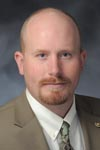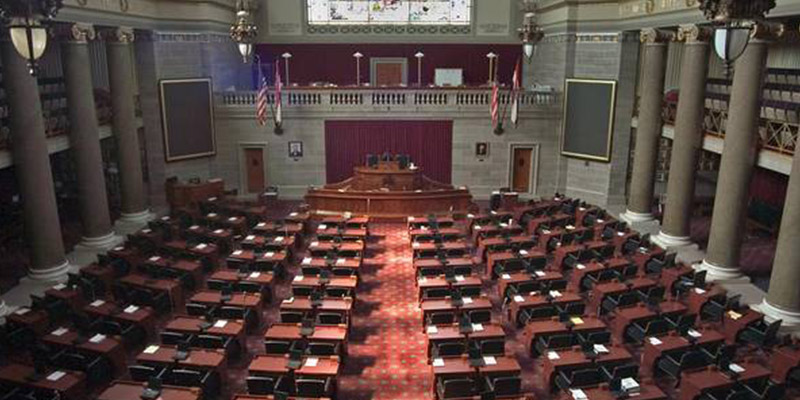JEFFERSON CITY, Mo. – Last week, House Republicans voted in favor of a bill designed to prevent government from passing burdensome regulations.
Rep. Robert Ross led the charge in last week’s passage of HB 480, a professional registration and licensing bill which defines when the government can intervene to write regulations and laws limiting certain professions.
Under the law, new regulations on certain occupations can only be written into statute if the unregulated practice of a profession causes significant public harm to either health or welfare, if the public will benefit from individual qualifications for those professions, and if the general welfare of the public cannot be attained by other means.

“The Speaker was very clear in his opening day speech in talking about these regulations, how they affect our economy, how they affect our constituents,” Ross said. “It’s not an easy task to find that appropriate balance of protecting the public, but staying out of the way when the government really has no interest to be there.”
The bill’s supporters say it will allow people to practice their own profession without the threat of regulation looming over whatever work it is they do. Speaker Todd Richardson said the bill had been a priority for the Republican caucus. Ross chairs the Professional Registration and Licensing Committee and like bills from Reps. Chrissy Sommer, Bill White and Elijah Haahr were folded into his legislation.
However, Democrats did not support the bill as the vote fell along party lines. House Minority Floor Leader Gail McCann Beatty said that, in her experience of serving on two of these commissions, industries typically ask for registration and licensing to set standards and protect consumers.
“I don’t think it’s decided willy-nilly that a couple of individuals say all of a sudden, I want to regulate this industry,” Beatty said. “So I feel like it’s kind of pointless, we don’t need it, and generally, it’s an industry coming together to say, we need to protect the public.”
Ross said the bill was necessary.
“There’s a very fine line that we, as a state, have to walk to ensure the safety of the public or some of the different things we require licensing for,” Ross said Thursday after the bill’s passage. “However, there are numerous things that we as a state that we get involved with that frankly don’t really have the public safety component to them.”










